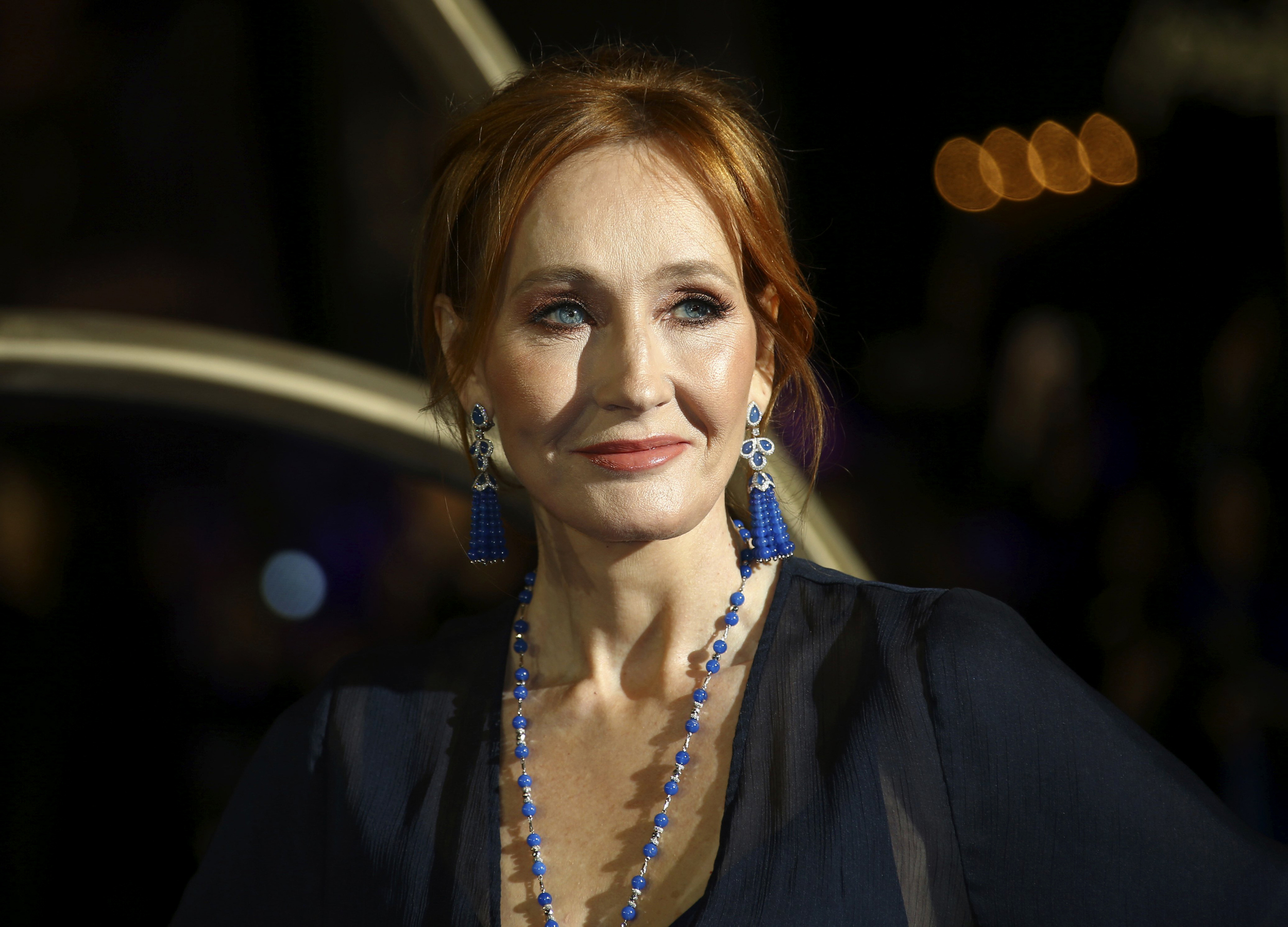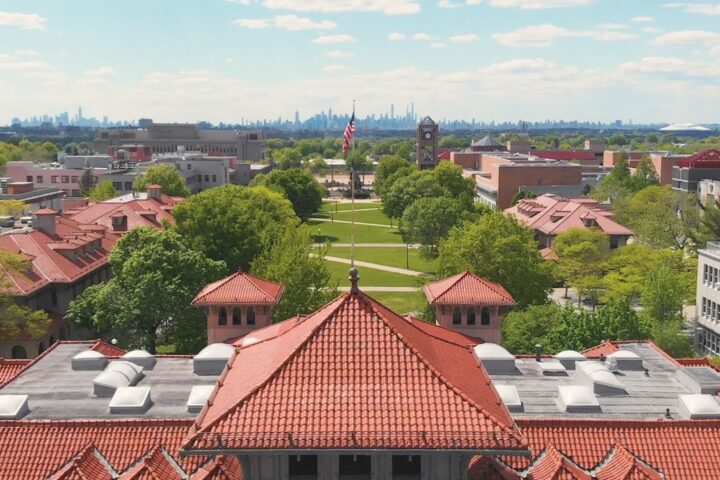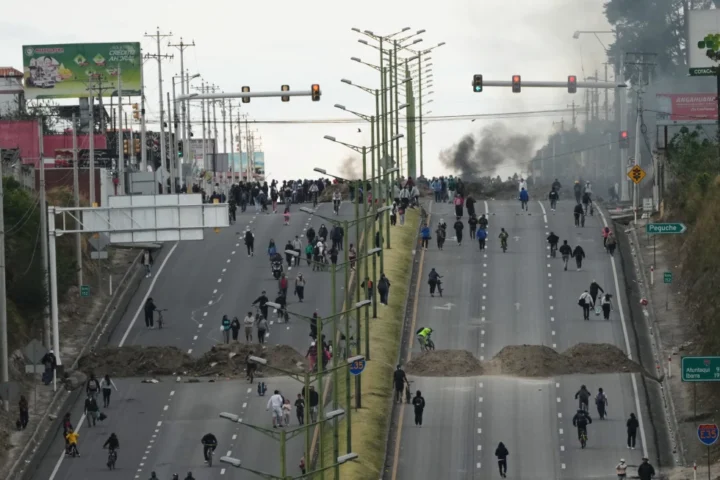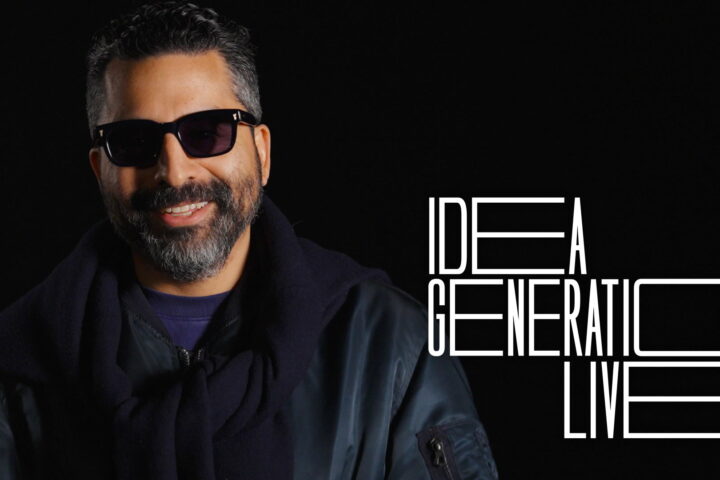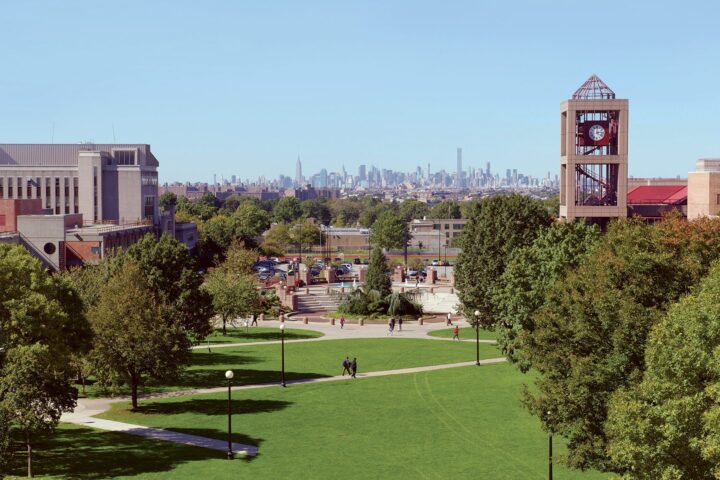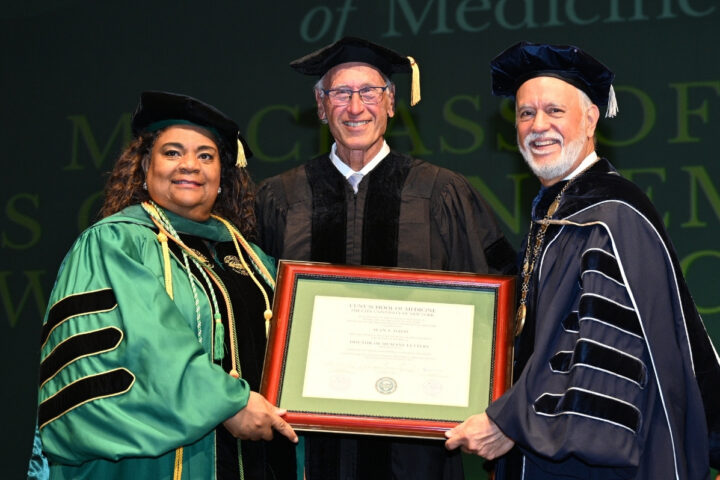In an effort to ensure students feel safe in classrooms and on campus, the Gay Lesbian and Straight Alliance held their first ever safe space training session for Queens College faculty members on Oct. 22.
The training was designed to educate faculty on issues lesbian, gay, bisexual, transgender and queer students face on campus and how they can feel safe at QC.
“I hope that professors and advisers will be active allies in the LGBTQ community and that they’ll really take the things we said and apply them not only in the classrooms but in their everyday lives,” GLASA president, Samantha Nathanson said. “It’s really important for faculty members — especially on a campus where they have influence over so many students — to be well versed in these issues.”
During the meeting, the GLASA board and its student members handed out a sheet that listed LGBTQ terminology in order to help faculty become familiar with terms within the community. For instance, the difference between someone who is transgender — someone who does not identify as either of the two conventional genders — and transsexual — someone who does not identify with the gender they are born with.
A guideline was passed around detailing instructions on how to respond when a student comes out to a faculty member.
Halfway through the meeting, Nathanson stepped up to the podium and recounted an incident during a sociology class where remarks made by the professor and another student made her feel uncomfortable.
“We were talking about the nature vs. nurture debate. The student next to me said that he thought nurture was the most governing factor in human development. The professor asked him to expand on that and the student said he would never give his three-year-old daughter a basketball because it would turn her into a lesbian,” Nathanson said. “I hoped the professor would say something, but all he said was ‘valid point’. I was amazed the professor didn’t say anything else.”
Several students later shared their own stories. Catherine Thomas, a junior, talked about an incident in an anthropology course she took.
“The professor mentioned very briefly that an African culture we were discussing had same-sex relationships, but he spent almost the entire class focusing on the heterosexual marriage rituals,” Thomas said. “When a student asked him to explain further about the same-sex relationships, the professor said ‘those aren’t important’ and swiftly moved on to another topic.”
At the end of the meeting the faculty was given safe space cards to hang in their offices and departments so students can identify them as safe spaces.
GLASA hopes this will be the first of many safe space training sessions, the second being planned for next semester. The main goal, Nathanson said, is that LGBTQ students will one day see the entire campus as a safe space. Students have the GLASA club room as a safe space, but GLASA members feel they deserve more than just one room on campus to freely express themselves.







